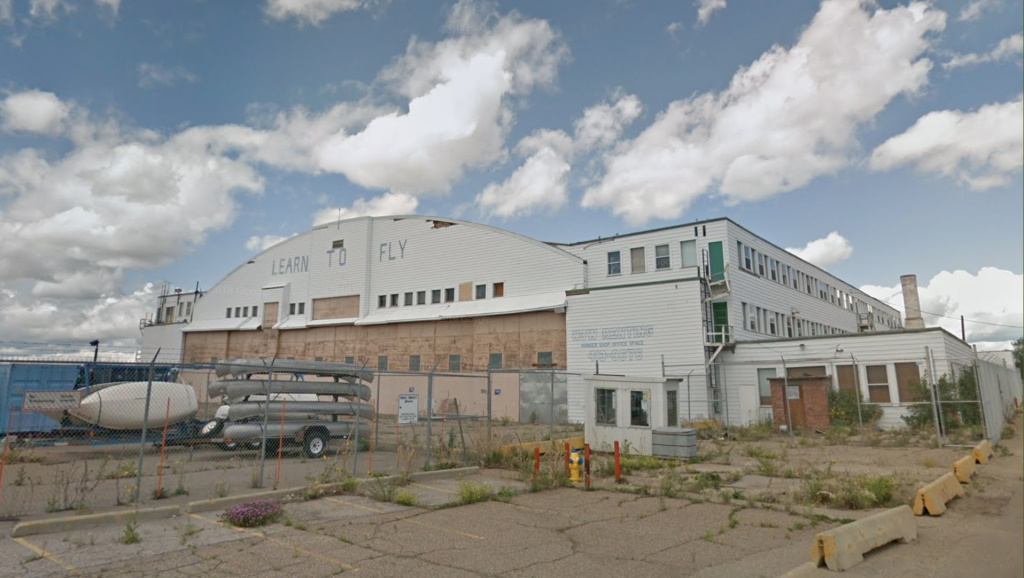Edmonton's temporary mandatory face coverings bylaw will be deactivated on July 1 following a decision at a special city council meeting on June 25.
The third and final reading of an amendment to the bylaw passed in a 7-6 vote. Councillors Moe Banga, Tim Cartmell, Tony Caterina, Jon Dziadyk, Bev Esslinger, Sarah Hamilton, and Mike Nickel voted in favour of the amendment. Councillors Ben Henderson, Andrew Knack, Scott McKeen, Aaron Paquette, and Michael Walters joined Mayor Don Iveson in voting against.
"This council is split because our public is split," said Iveson.
The amendment ends the mandatory requirement for masks in most indoor public places in conjunction with Stage 3 of Alberta's Open for Summer Plan. It also includes a provision to automatically reactivate if the province returns to a previous stage of the relaunch plan or if a provincial mask mandate is issued. Masks will still be required on public transit and in vehicle-for-hire services like taxis and Uber.
City of Edmonton staff will be required to wear masks in indoor facilities until at least Aug. 1, reports Postmedia.
Several of the councillors who voted in favour of the amendment, including Councillors Cartmell, Esslinger, and Hamilton indicated they will continue to wear masks themselves.
"I will continue to wear a mask in public indoor places, in crowded places where physical distancing is difficult, and wherever and whenever people ask me to," wrote Coun. Cartmell, who was among the most vocal opponents of keeping the bylaw in place. "I strongly encourage everyone to take the same approach."
Here's what else is coming up at city council this week:
- An interim update on the work plan for the 14 recommendations made by the Community Safety and Well-Being Task Force in the Safer for All report outlines that "nearly 70 actionable items have been identified" by the City of Edmonton, Edmonton Police Service, and Edmonton Police Commission.
- The city proposes selling Blatchford's Hangar 11 to Architecture Inc. for $1.5 million, subject to a number of rehabilitation and maintenance conditions, including a designation of the building as a Municipal Historic Resource.
- An update on the Zoning Bylaw Renewal project outlines what to expect from now until the new bylaw is slated to take effect effect in 2023. The project proposes reducing the number of standard zones from 46 to 15 and the number of uses from 127 to just 20.
- Administration proposes establishing a one-time Festivals and Events COVID-19 Recovery Grant with funding of $1 million to support eligible events held by March 31, 2022.
- An amendment to the Conduct of Transit Passengers Bylaw proposes reducing the fine for fare evasion from $250 to $150 and removing provisions related to loitering.
- A modernization of the city's planning guidance and regulation of the North Saskatchewan River Valley and Ravine System is planned for completion in early 2023 with the goal of "ensuring that the river valley remains a high-functioning, vibrant and ecologically resilient open space network as the city grows."
- The Urban Reserve Strategy, intended to guide administration in the areas of urban reserve development, was created in conjunction with the Confederacy of Treaty Six First Nations and Enoch Cree Nation. An urban reserve is "land designated as a First Nations reserve situated within an urban area" and although "the process of formally establishing an urban reserve is largely between the Government of Canada and the First Nation," the city has a role to play in establishing a municipal service agreement for the urban reserve.
- On June 30, community and public services committee will also consider the annual report on immigration and settlement in Edmonton, EndPovertyEdmonton's annual report for 2020, and an update on the snow and ice control policy refresh.
Meetings are streamed live on city council's YouTube channel.

